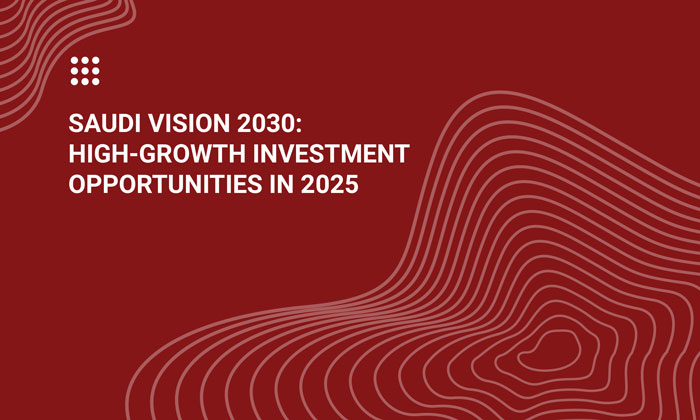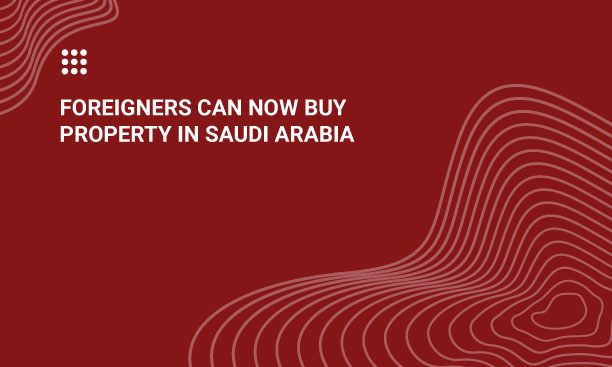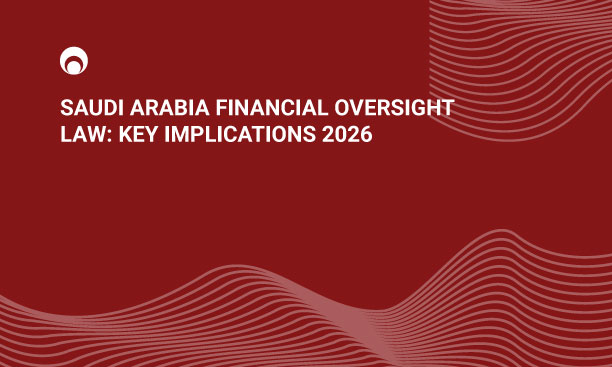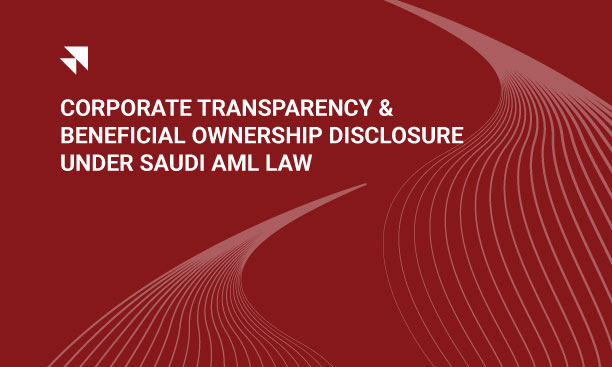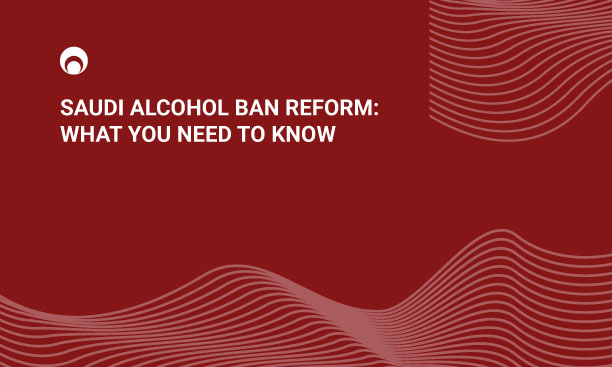Saudi Arabia’s Vision 2030 has transformed the Kingdom into a global investment hub. By 2025, foreign investment surged to SAR 3 trillion—a 16 % increase, highlighting the growing confidence in its diversified economy. This article outlines the most compelling investment opportunities in Saudi Arabia for foreigners. It is enhanced by recent data to guide strategic decision-making.
1. Real Estate and Urban Development
Real estate plays a central role in Saudi Arabia’s economic diversification. Legislative reforms and mega-projects continue to shape the sector’s future. In Q1 2025, the market recorded transactions worth SAR 109 billion, fueled in part by the Premium Residency program. Zoning reforms now allow foreign freehold ownership in designated areas such as Riyadh, Jeddah, and NEOM.
A recent PwC report projects 30% growth for the real estate market during the remainder of 2025. Developers have already announced USD 38 billion worth of new projects, focusing mainly on mixed-use residential communities and sustainable housing. Landmark projects such as The Line in NEOM, the Coral Bloom resort in the Red Sea, and the Rua Al Madinah tourism development highlight investment opportunities in hotels, retail, and residential property.
According to the financial point of view, JLL forecasts the overall property market to grow to USD 102 billion by 2029. This growth is due to rental yield optimization and elevating hospitality ADRs (Average Daily Rates), which are expected to rise by 13 % in Riyadh in 2024. Co-investment structures, usufructs, and listing as a REIT provide an opportunity. They give foreign investors a reliable income source and long-term capital gains.
The legal environment also supports growth. The Real Estate General Authority has introduced property-specific dispute resolution mechanisms, streamlined title registration, and digitized land records. These reforms enhance transparency, reduce legal risks, and increase investor confidence.
See also: Legal Disadvantages of Doing Business in Saudi Arabia for Foreign Investors
2. Renewable Energy and Green Hydrogen
Saudi Arabia is solidifying its status as a renewable energy powerhouse. Major developments are reshaping the energy opportunity. A landmark $8.3 billion consortium led by ACWA Power and Aramco Power is deploying five solar and two wind power plants. These are projected to generate 15 GW of electricity by 2028, supporting the national objective of reaching 50 % renewable energy in the Kingdom’s electricity mix by 2030. It also enables foreign participation in public-private frameworks through long-term Power Purchase Agreements (PPAs) and sovereign-backed guarantees.
In parallel, the $110 billion Jafurah project is spearheading green hydrogen production at scale. It is backed by proprietary desalination and electrolyzer technologies. The site is projected to export green ammonia to Europe and Asia, creating robust off-take markets. Investors benefit from guaranteed grid access and strategic land allocation, ensuring minimal entry barriers.
With full foreign ownership now permitted in utility-scale projects, this opportunity is among the most secure and future-oriented. Especially for those seeking to invest in Saudi Arabia’s infrastructure transition. These projects are not only economically viable; they are also compliant with ESG investment standards increasingly demanded by global institutions.
3. Tourism, Culture and Entertainment
Saudi Arabia’s cultural and leisure transformation is reshaping the regional tourism economy. The Kingdom has outlined nearly one trillion dollars in planned investments, with giga-projects such as NEOM, Red Sea Global, Amaala, and Qiddiya already underway. These destinations operate as special economic zones, offering customized legal regimes and streamlined administrative procedures to attract foreign investors.
The tourism infrastructure now includes luxury resorts, heritage sites, museums, and world-class theme parks. Landmark cultural investments such as Six Flags Qiddiya, Dragon Ball Park, and the Riyadh Art Museum highlight the diversification of the sector. The Tourism Investment Enabling Law regulates these initiatives, granting VAT exemptions, simplified licensing procedures, and land lease incentives to investors.
Cruise tourism in the Red Sea has emerged as a high-growth segment. A new regulatory framework allows foreign investors to participate directly in the waterside leisure industry. At the same time, airport modernization programs and expanded airline partnerships enhance international accessibility. These changes make hospitality chains, event management, and cultural experiences profitable opportunities aligned with national development policy.
The sector’s performance in Q1 2025 confirms its potential, with more than 10 million international tourists and robust domestic travel. Strong institutional support, a diversified project pipeline, and a maturing legal framework create a solid foundation for long-term tourism investment in Saudi Arabia.
4. Sports and Leisure
The sports economy of the Kingdom is changing its structure. It has an increase of SAR 5 billion in 2016 to SAR 32 billion in 2025, and it is predicted to be increased to USD 22.4 billion in 2030. This growth will be catalyzed by the combination of entertainment, infrastructure, and wellness concerns. Thus, it presents foreign investors with an ecosystem that is multi-pronged.
The club ownership, sponsorship and media rights have become competitive. This is attributed to the privatization of 14 professional football clubs, including the collaboration of the clubs with international sponsors. The Ministry of Sport has signed with the Auckland Basketball Association to start the Asia-Europe Basketball League. It will see an international fan base and cross-border investment.
The development of infrastructure is on the agenda. In preparation for the FIFA world cup of 2034, Saudi Arabia is building 15 new stadiums. It includes 15 integrated smart stadiums, smart analytics through the use of AI, and sustainability features. These resources contain an opportunity in the long-term leasing and naming rights.
The opportunity in esports, valued at USD 7.9 billion in 2025, is expected to attain over USD 15 billion by 2031. Under high-tech innovation and user intellectual protection, Saudi Arabia is developing itself as the hub of the digital sports universe. Esports World Cup will fund 70 million prizes.
Lastly, there is fast institutionalization of community fitness and sports for women. Women now have almost reached 1/2 of the sports memberships. Membership to fitness clubs is up 43 percent per annum. Female activities at schools and colleges are demanding academies, facilities, and sportswear retailing, which is open to foreign ownership and foreign funding source.
5. Wellness and Sports Medicine
A new category of investment opportunities is being presented. It involves joining health, leisure, and elite sports. By establishing itself as a regional hub in wellness tourism and performance medicine, integrated facilities are being developed. These cater to the needs of elite traveling tourists, professional sportspeople, and health-conscious local markets.
The Red Sea and Soudah Peaks are two wellness resorts that are going to launch. They will provide combined spa treatments, thermal medical treatments, and regenerative health treatments and services. These destinations promise extended-stay experience appealing to both tourists. They also cater to remote professionals who require preventive care in an elite environment.
At the same time, sports medicine is becoming an important part of the infrastructural setup. This is especially true in areas surrounding stadiums and professional training facilities. Rehabilitation centers of excellence are being incorporated in ongoing projects like Qiddiya and the Sports Boulevard. These are aligned with best world practices in physiotherapy, orthopedics, performance study, and monitoring.
Investments are also increasing in telehealth, which is facilitated by regulatory models from the Ministry of Health. They make remote diagnosis possible and offer cross-border licensing and security of intellectual property for medical services. Consequently, international clinics can operate according to internationally conceptualized standards.
Another interesting change is the demographic one. More than 50% of Saudis now incorporate daily physical exercise into their routine. In 2015, this was only at 13%. The year-on-year growth in sMH services demand is pegged at 28%. Wellness and medical opportunities play into the favorable momentum, making it a high reward and policy-friendly investment sector. There is backing from incentives in infrastructure as well as increased consumer demand.
Strategic Benefits and Market Drivers
Saudi Arabia has high growth opportunities supported by a confluence of structural, legal, and demographic factors. The long-term benefits of Public Private Partnership (PPP) include access to long-term contracts. Foreign investors also benefit from government co-investment and vanguarded infrastructures/utilities.
Regulatory transparency guarantees complete foreign ownership in most sectors. It also ensures customs exemptions and profit repatriation. Easy online licensing uses programs like Invest Saudi and MISA. Such frameworks as the Tourism Law or Sports Investment Charter remove points of potential administrative and legal friction arising from opportunities.
Demographics are crucial: 60% of the population is under 30. The rate of women’s engagement in the workforce and public life is growing considerably. Consequently, domestic consumption is becoming diversified. These developments encourage scalable business approaches across hospitality, healthcare, entertainment, and residential development.
Moreover, Saudi Arabian internationalization is gaining pace. The Kingdom is a destination for world-class events like Formula 1, Asian winter games, and the Esports World Cup. They are supported through international media partnerships that increase visibility and brand access.
Lastly, a sustainability criterion is not an optional condition anymore. ESG compliance integration in project financing and planning is now in vogue. It provides investors with a global-universal standard, a plain field for ethical capital allocations, and sustainable strategic positioning.
Legal Guidance Is the Foundation of Profitable Investment
Capital is not all that is needed when foreign investment in high-growth Saudi Arabia opportunities is involved. Clarity, compliance, and appreciation of the developing and constantly changing legal environment are also important. Regulatory frameworks, licensing processes, and industry-specific regulations considerably differ among strategic projects of the Kingdom. Investing without the assistance of professional legal support carries the risk of exposure to undue delays, disqualification, and much more.
Partnering with a law firm that understands both the regulatory landscape and commercial objectives of foreign investors is essential. This ensures you secure and scale your venture.
Contact us at info@ahysp.com to receive legal insight tailored to your investment goals in Saudi Arabia.
Meet Our Legal Experts in Saudi Arabia and Egypt
With a strong focus on client success, we combine expertise and innovative approaches to guide you with precision and confidence, ensuring seamless navigation through the complexities of Saudi law.
Get in touch
Contact
